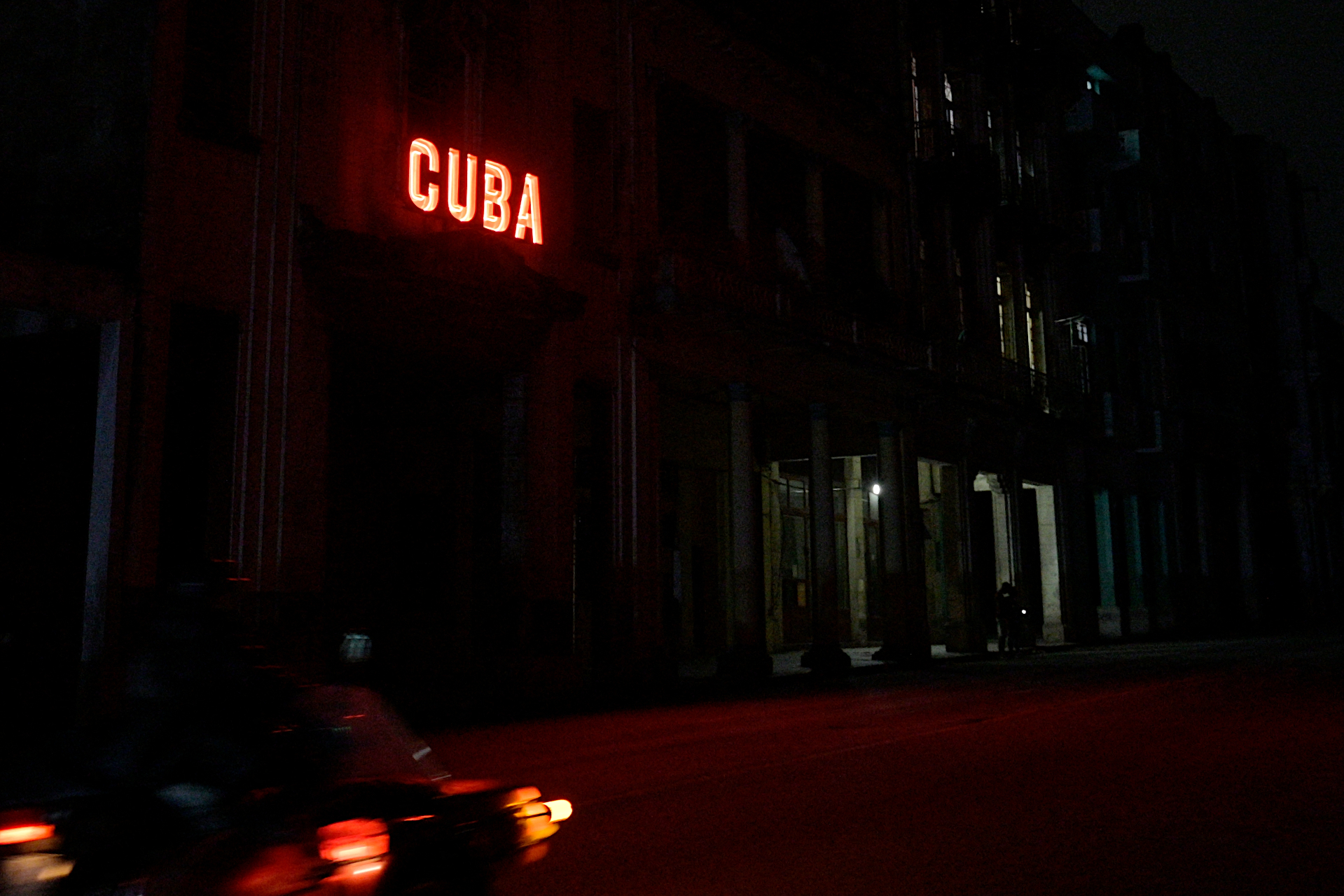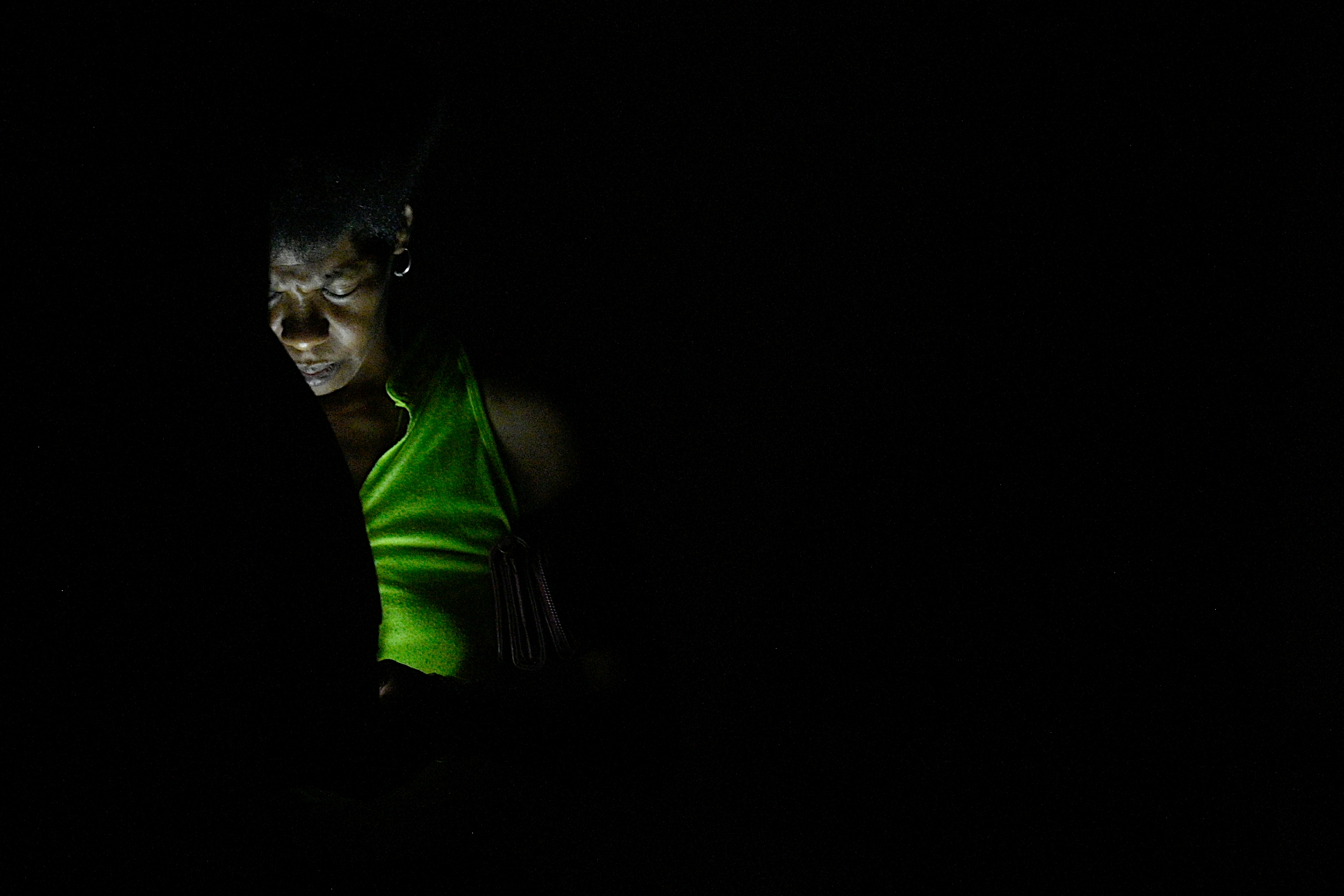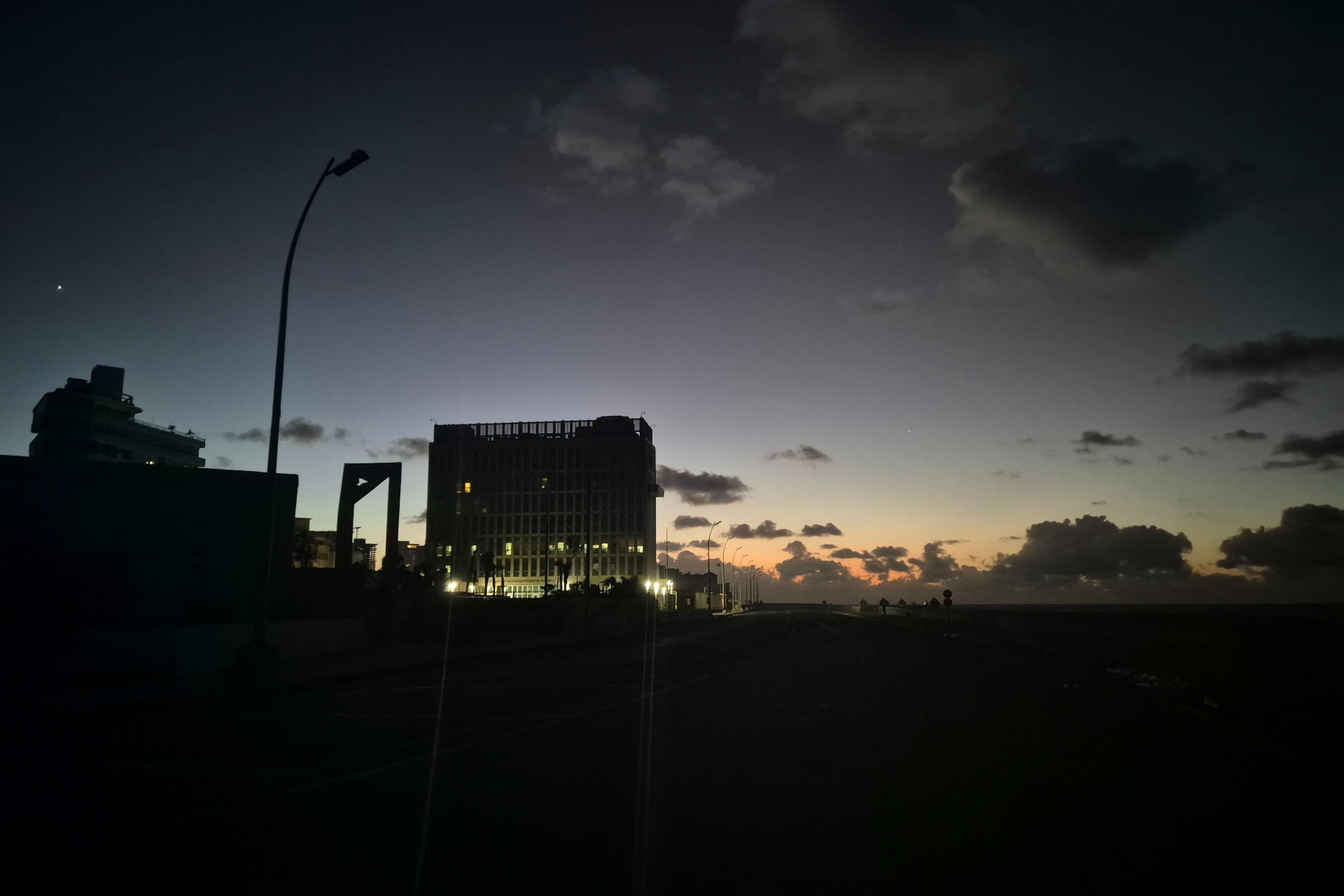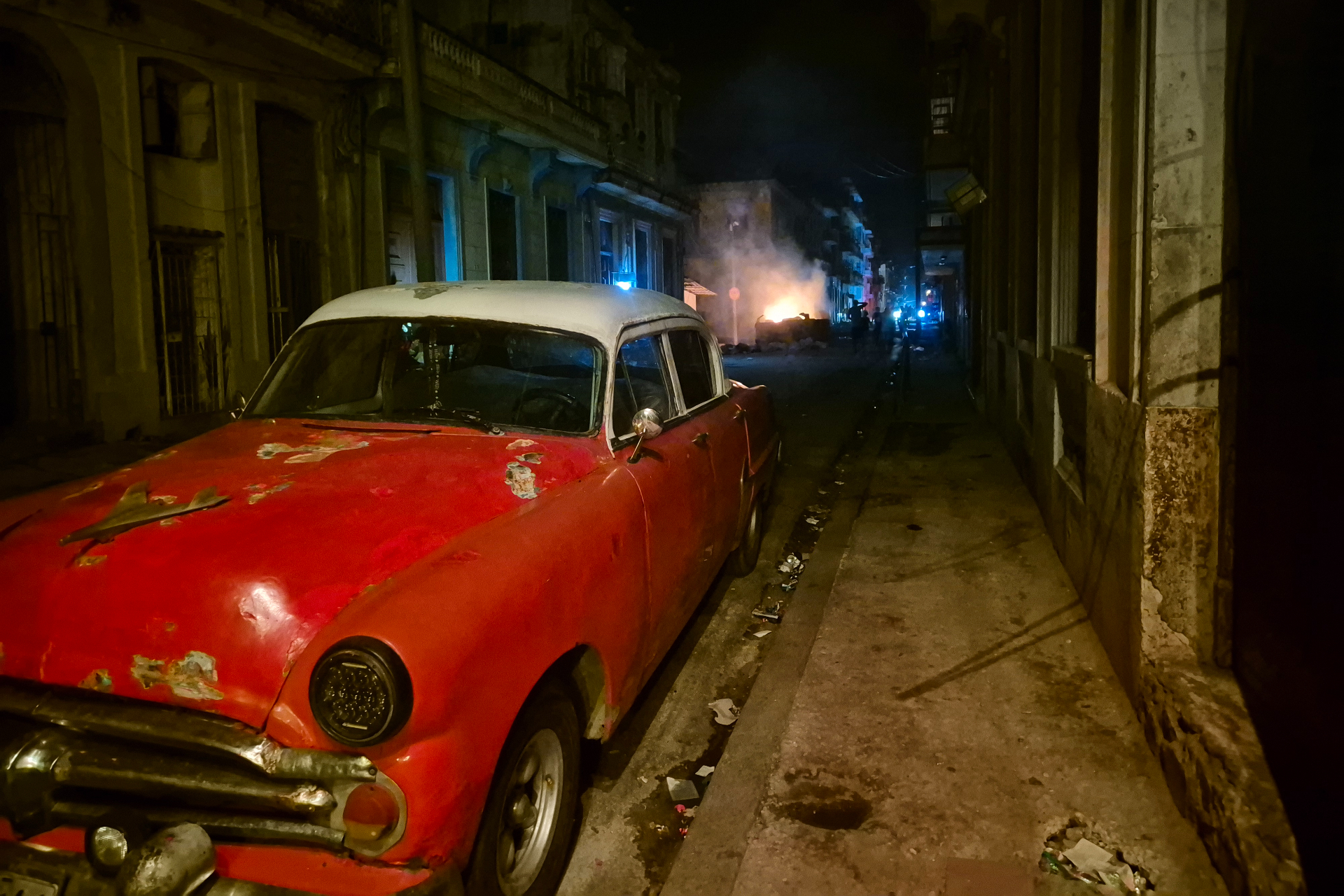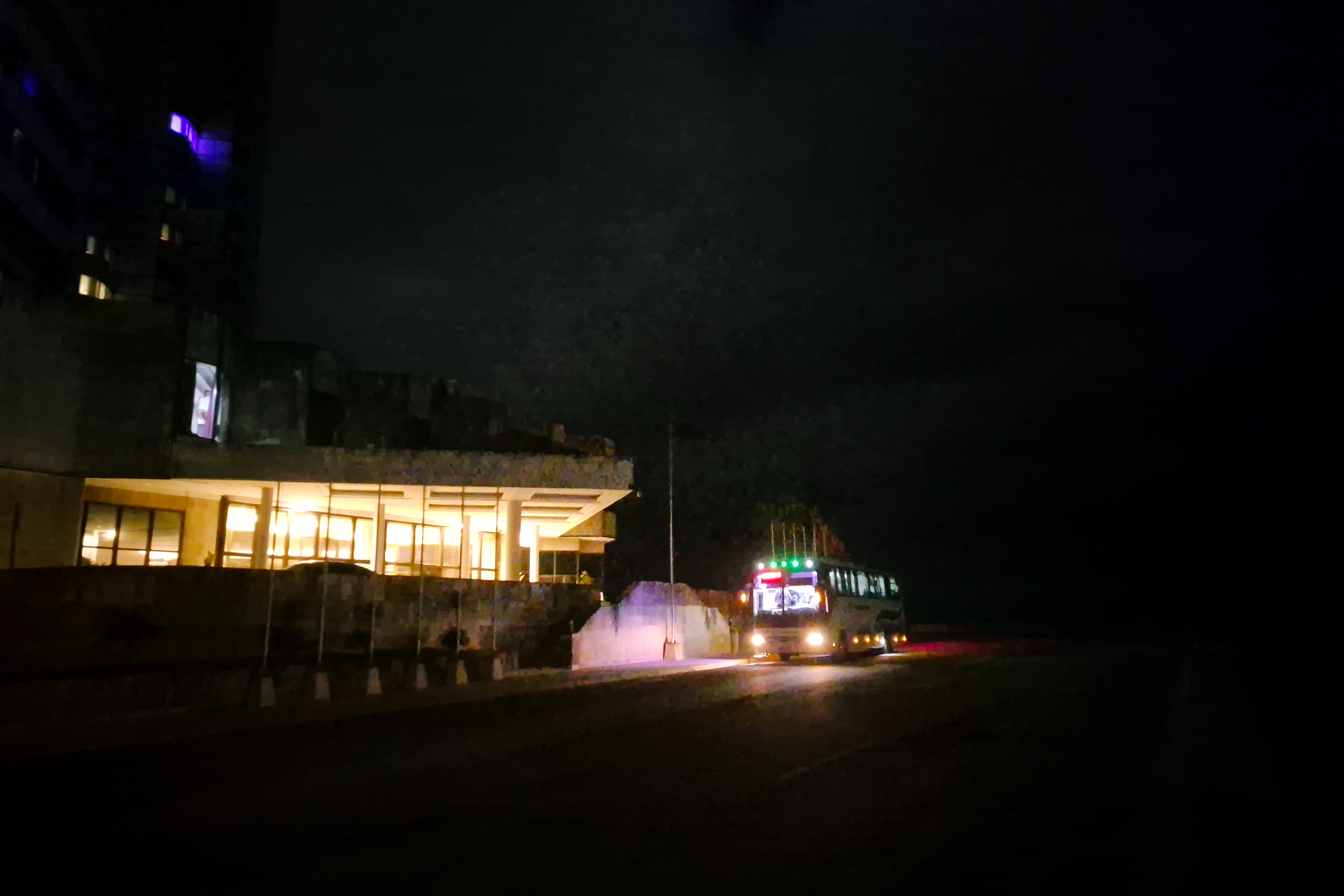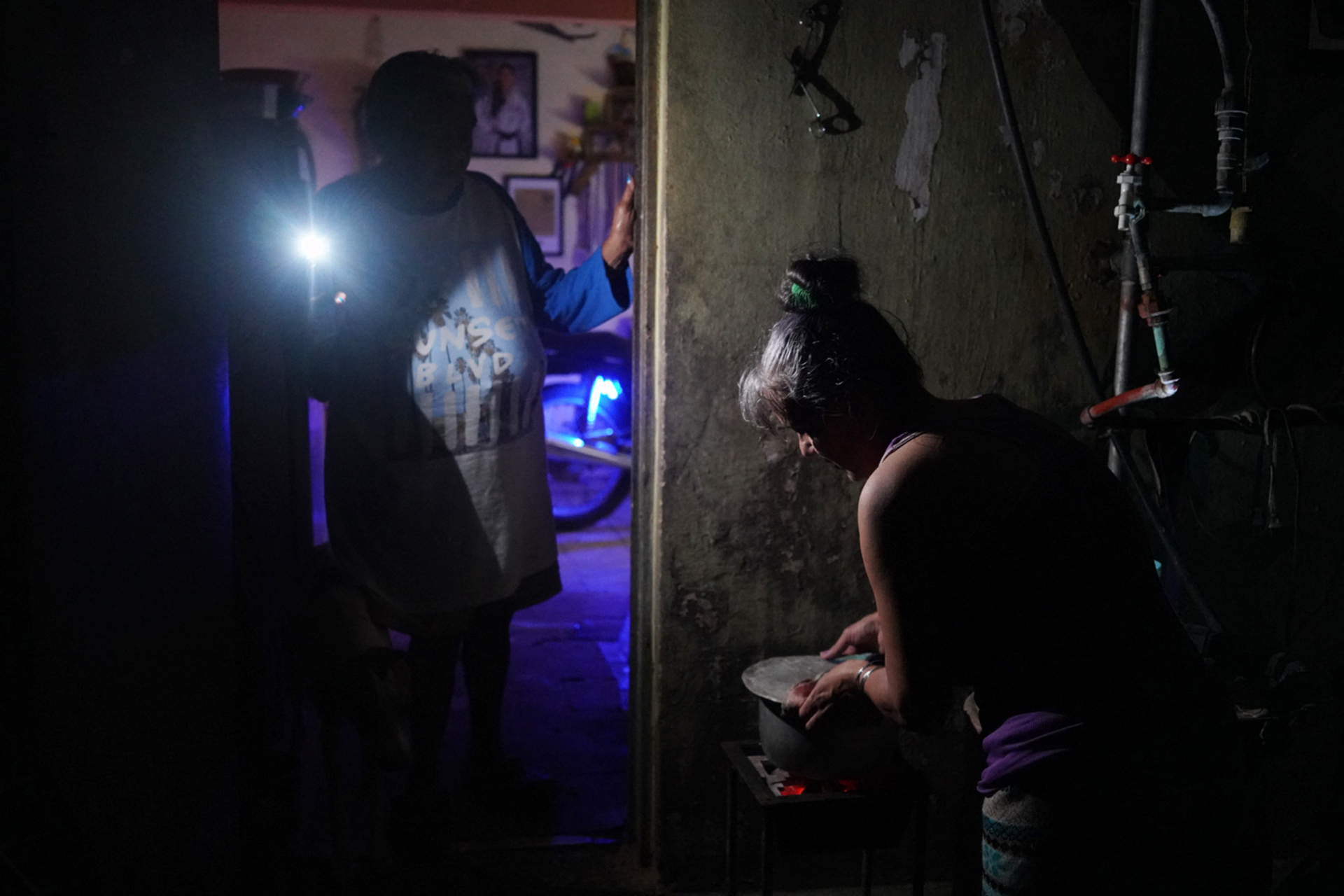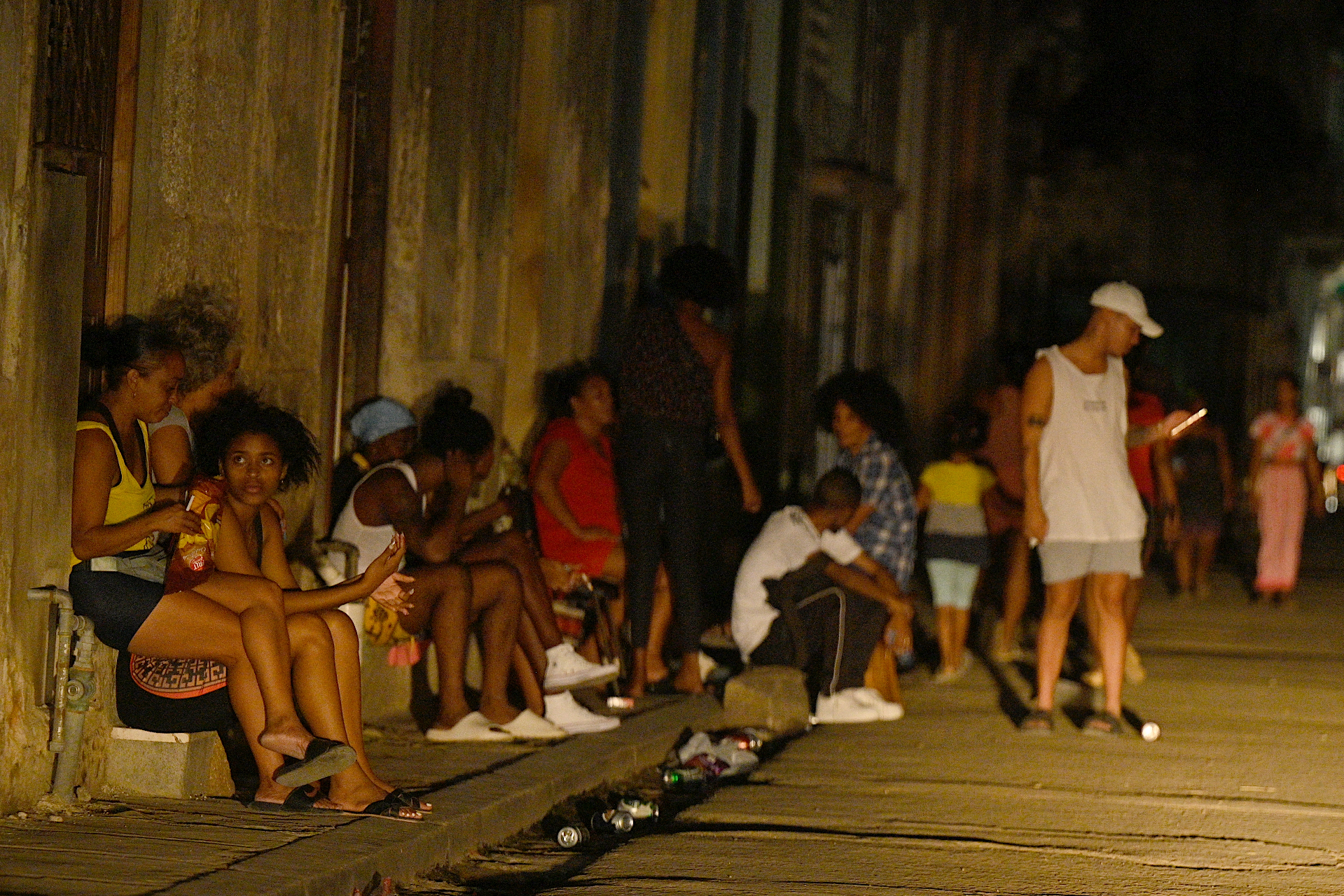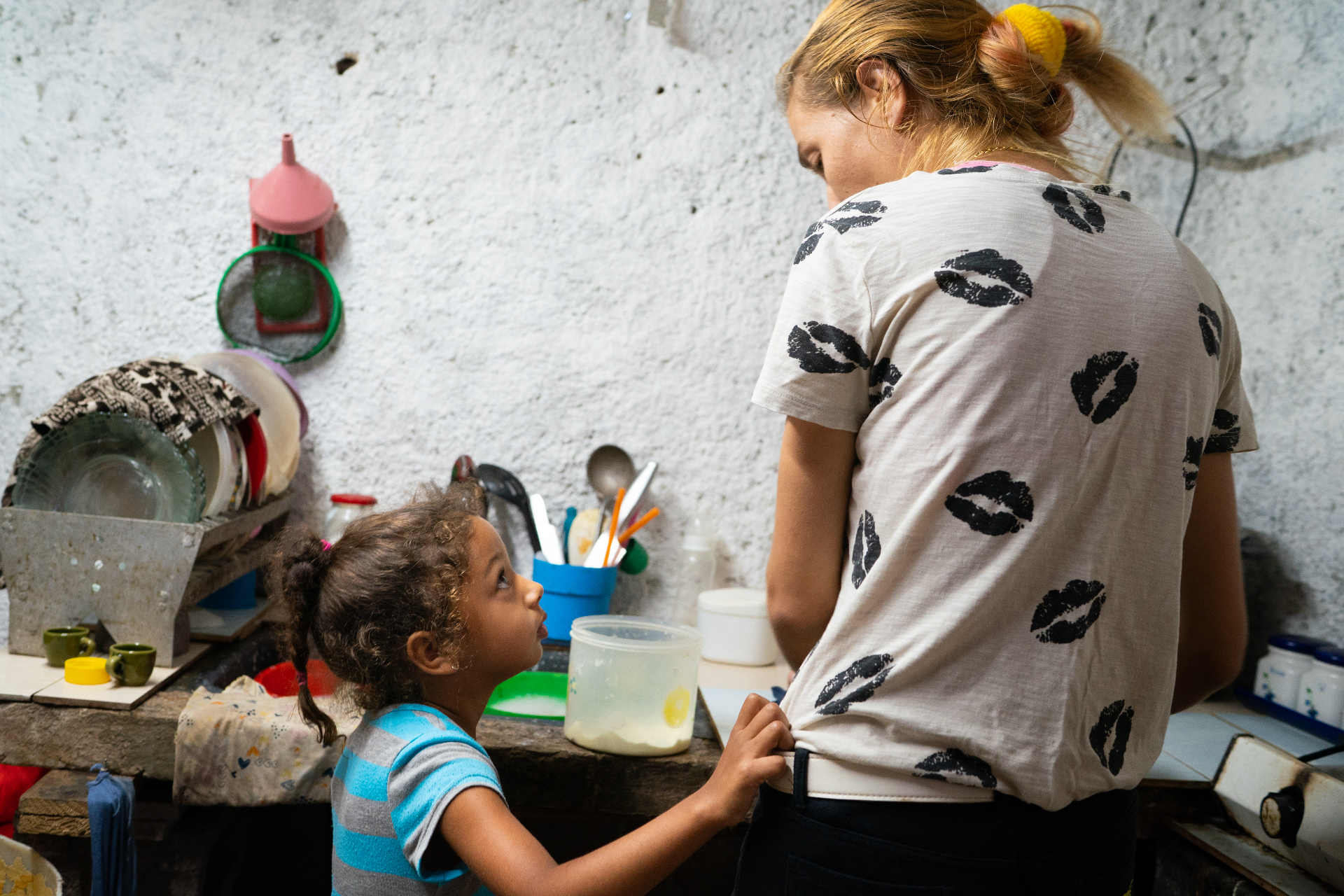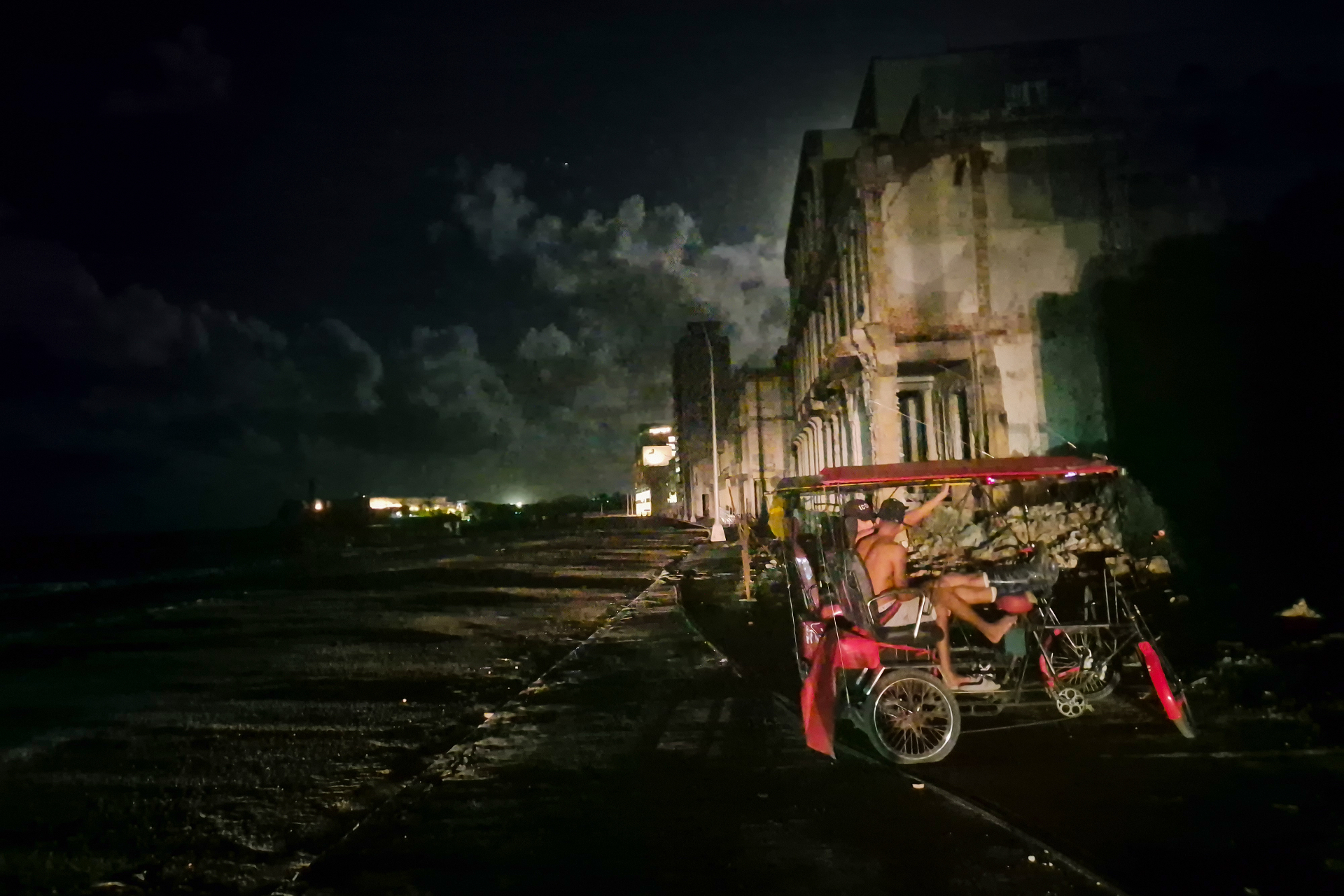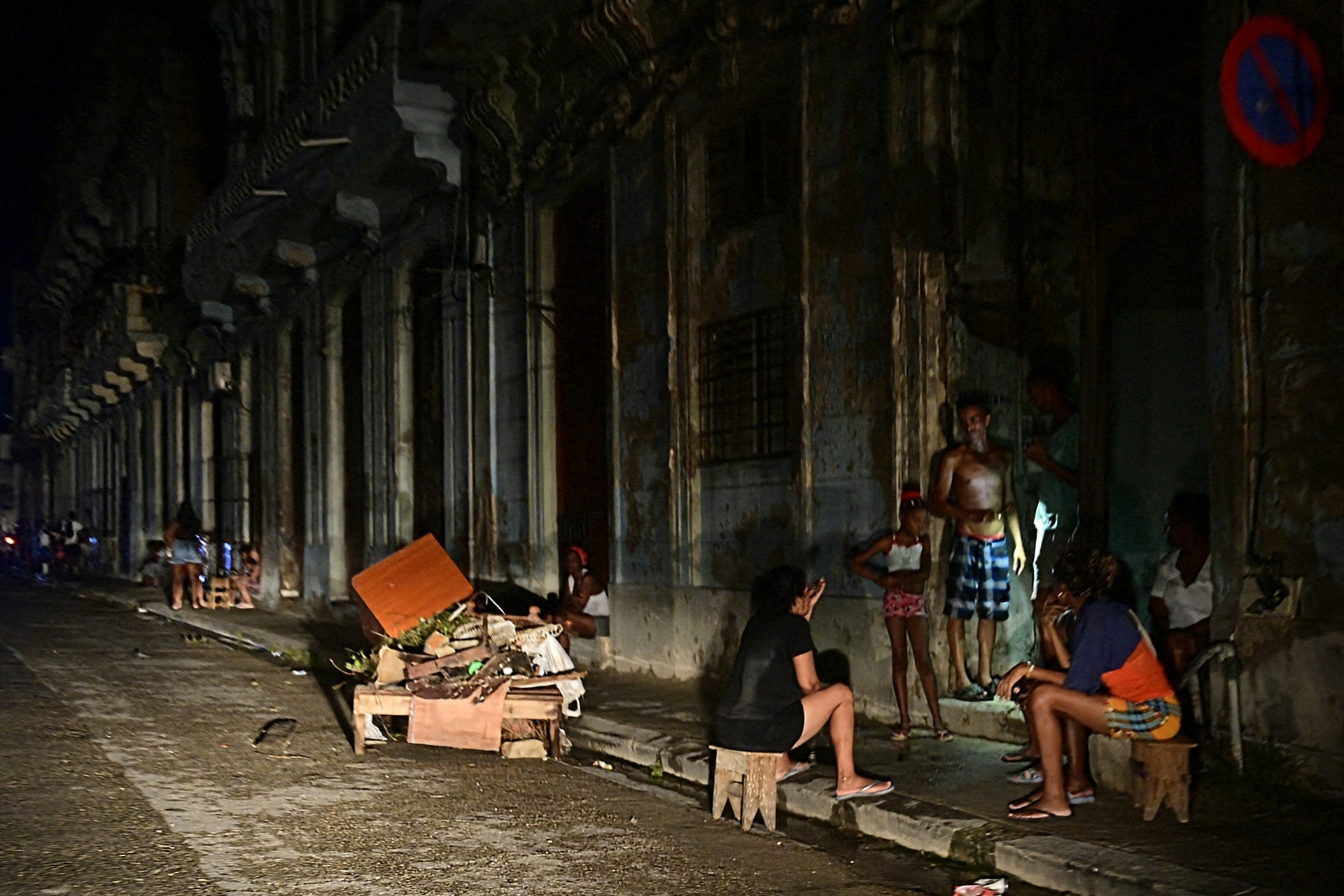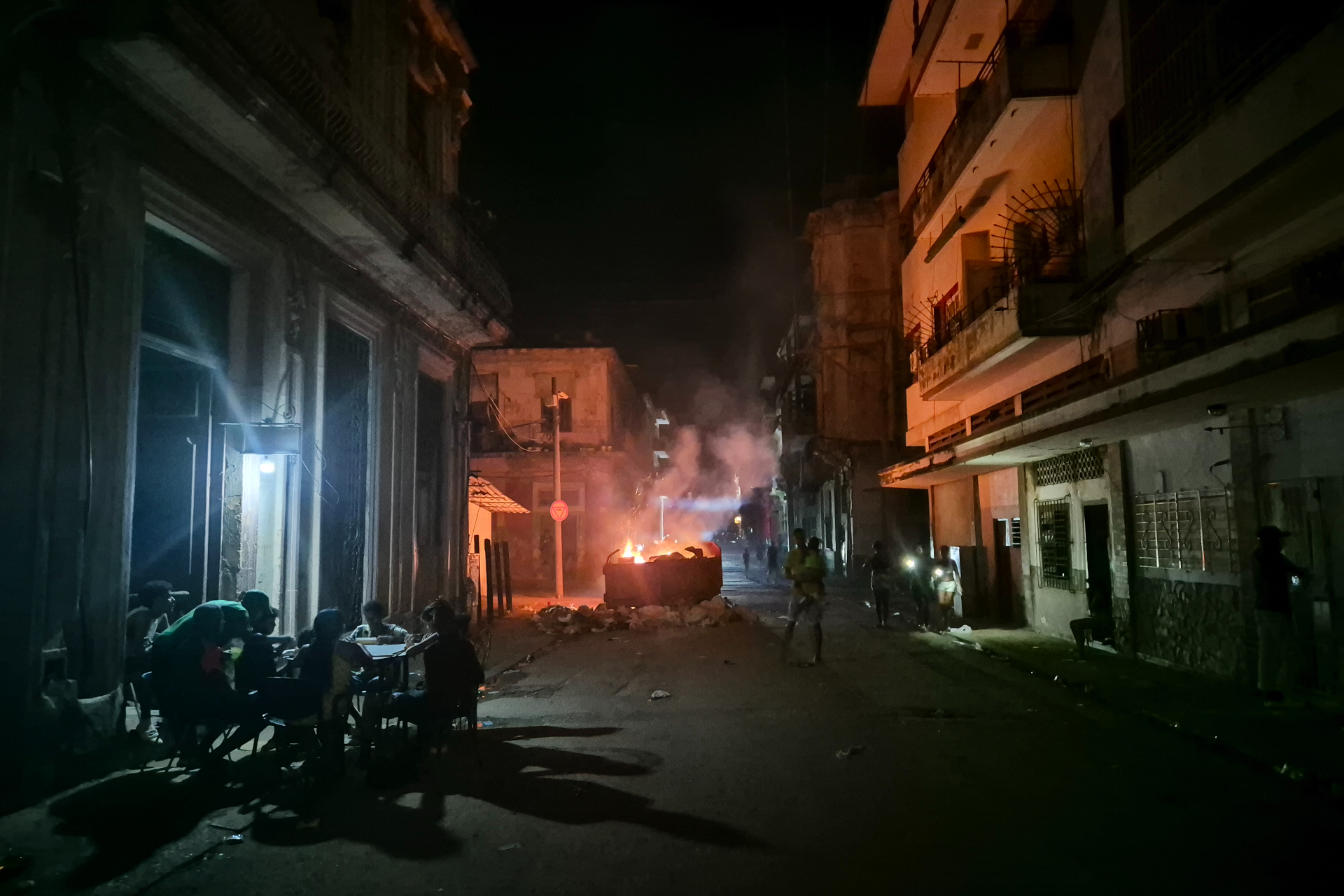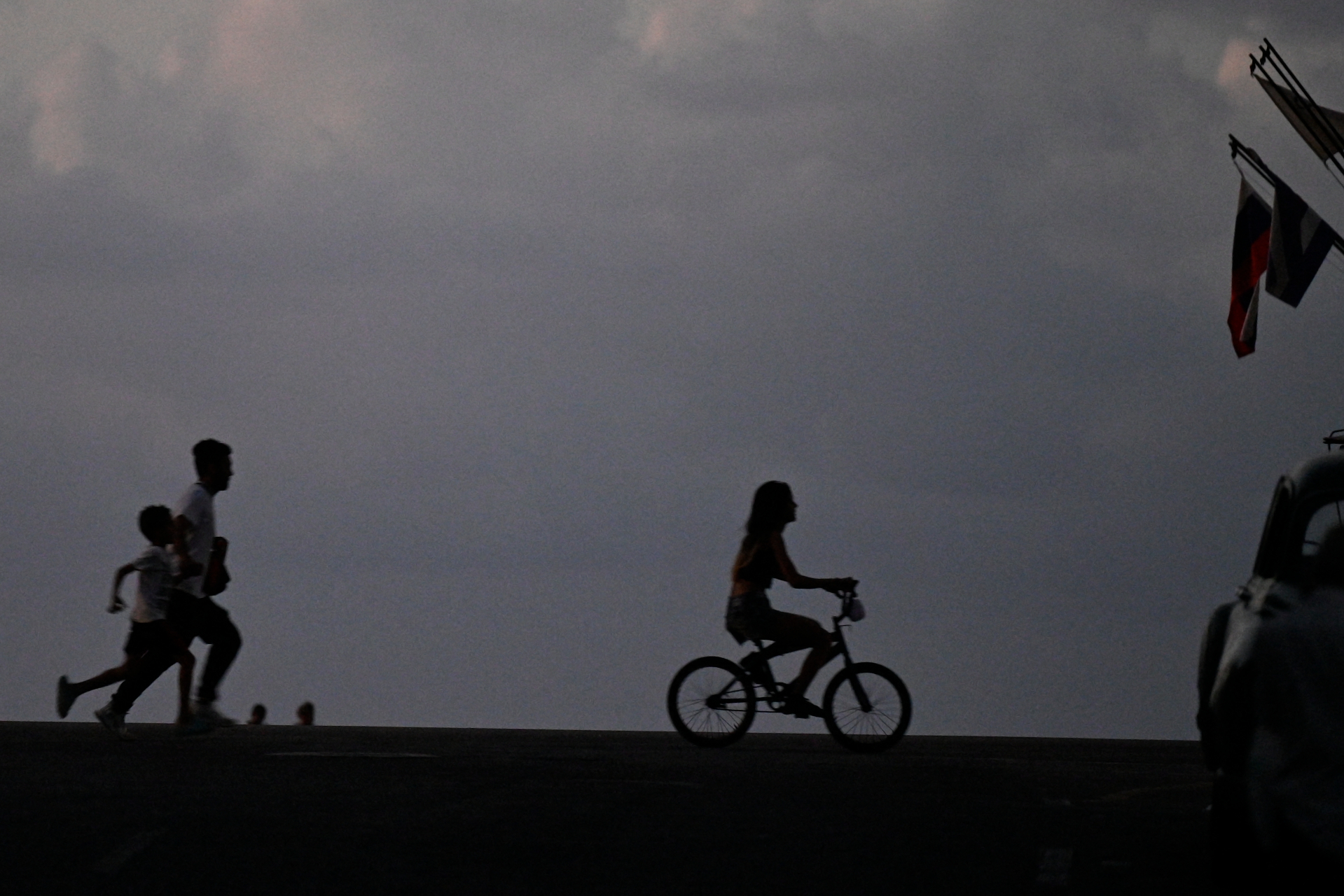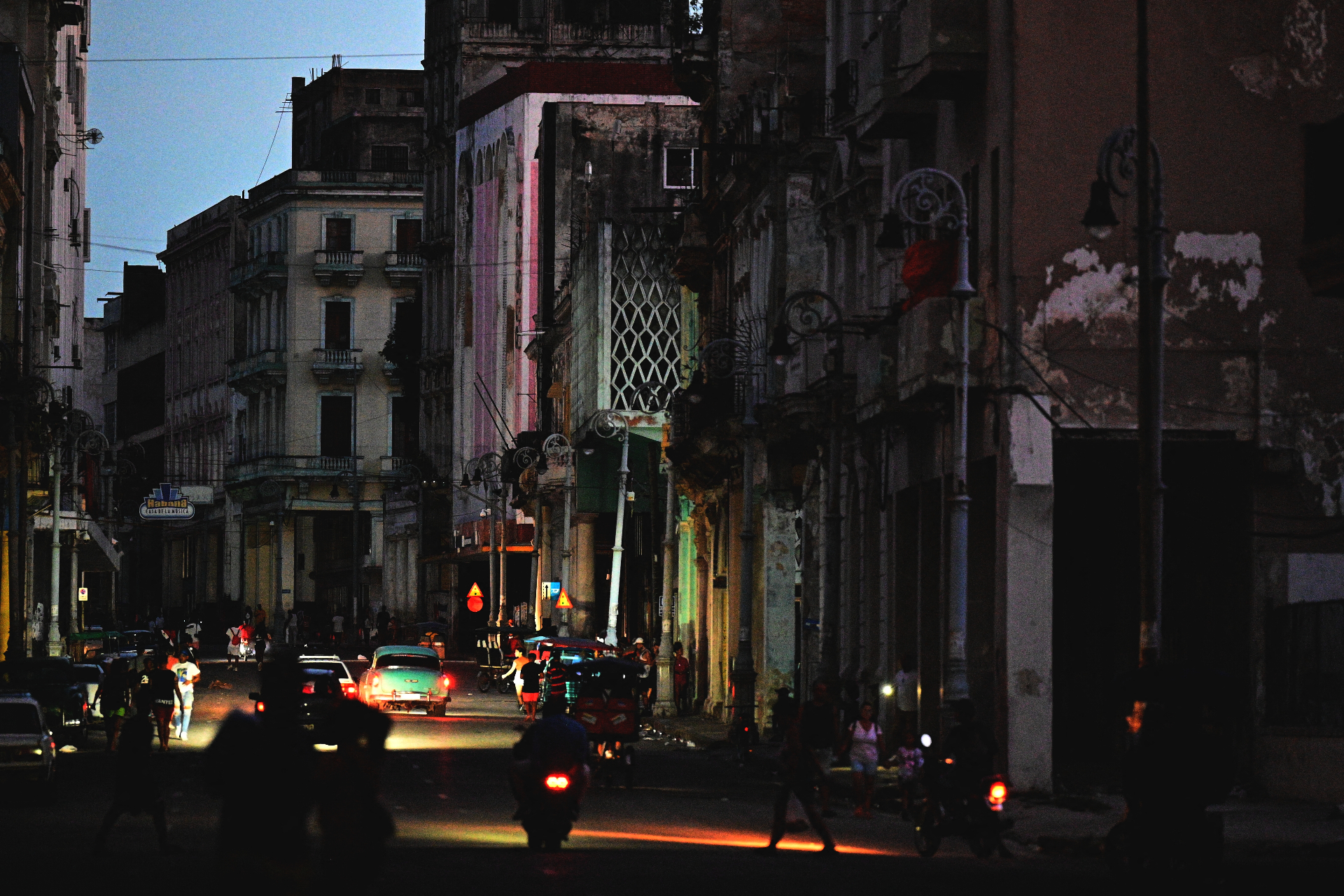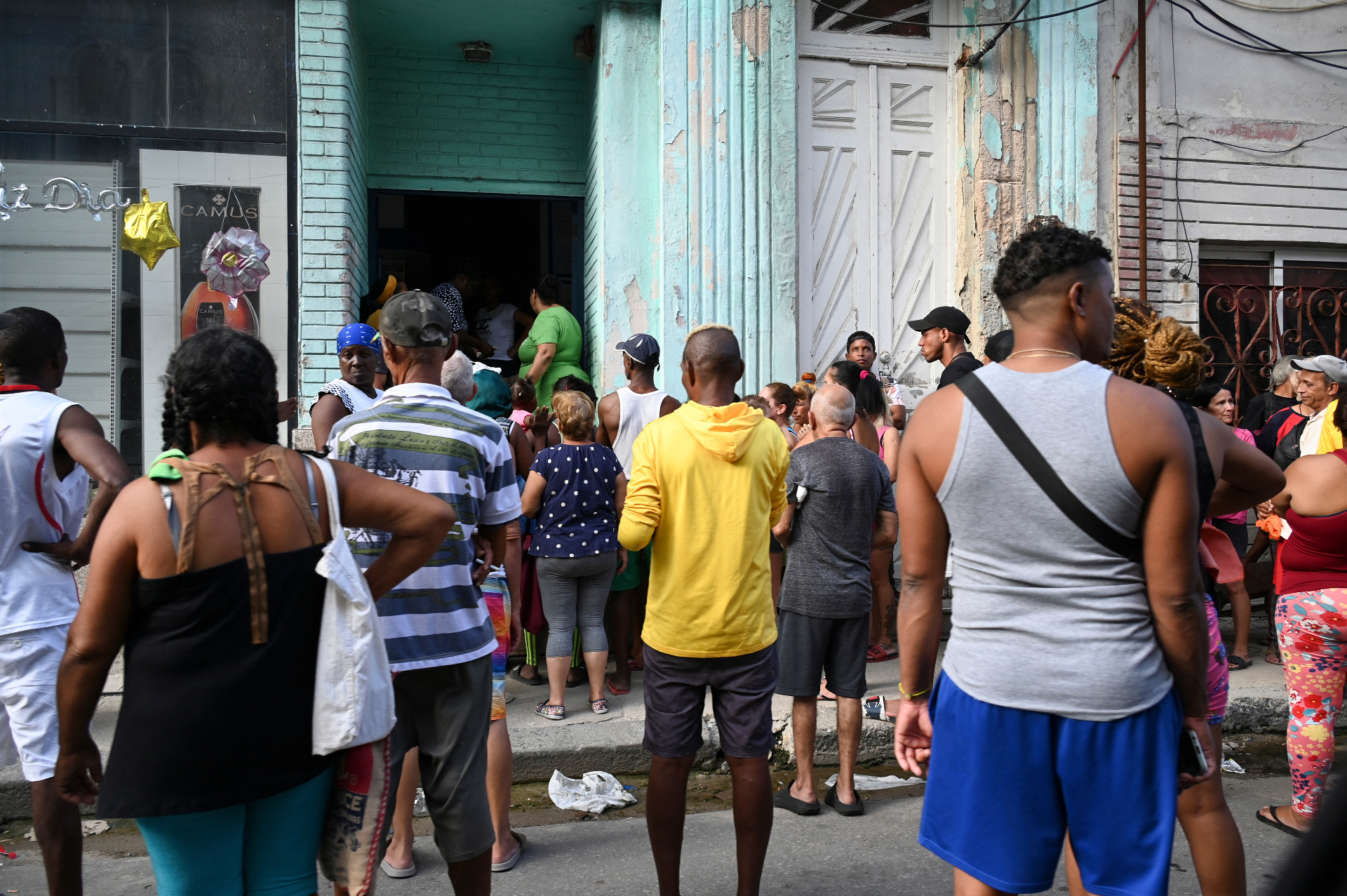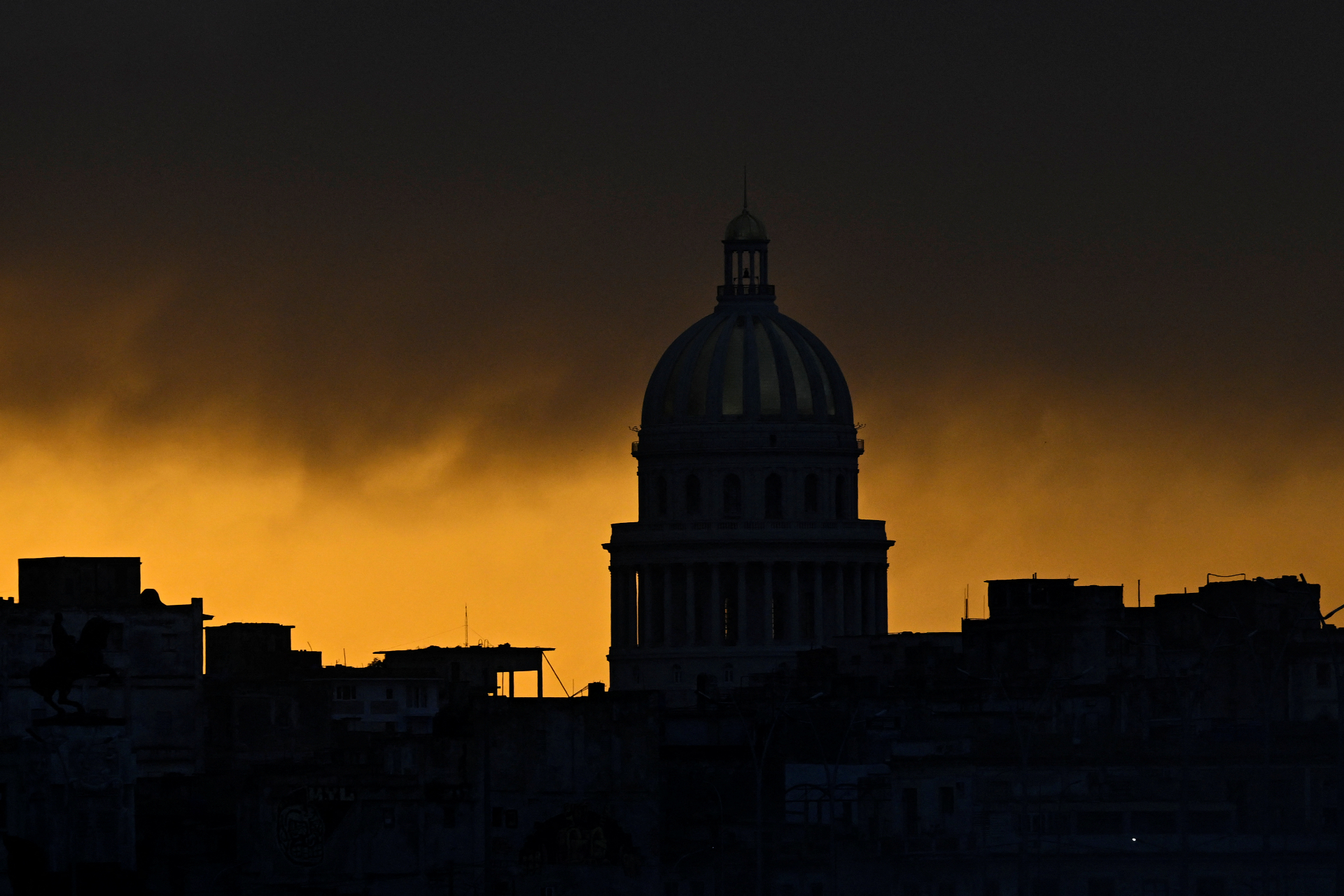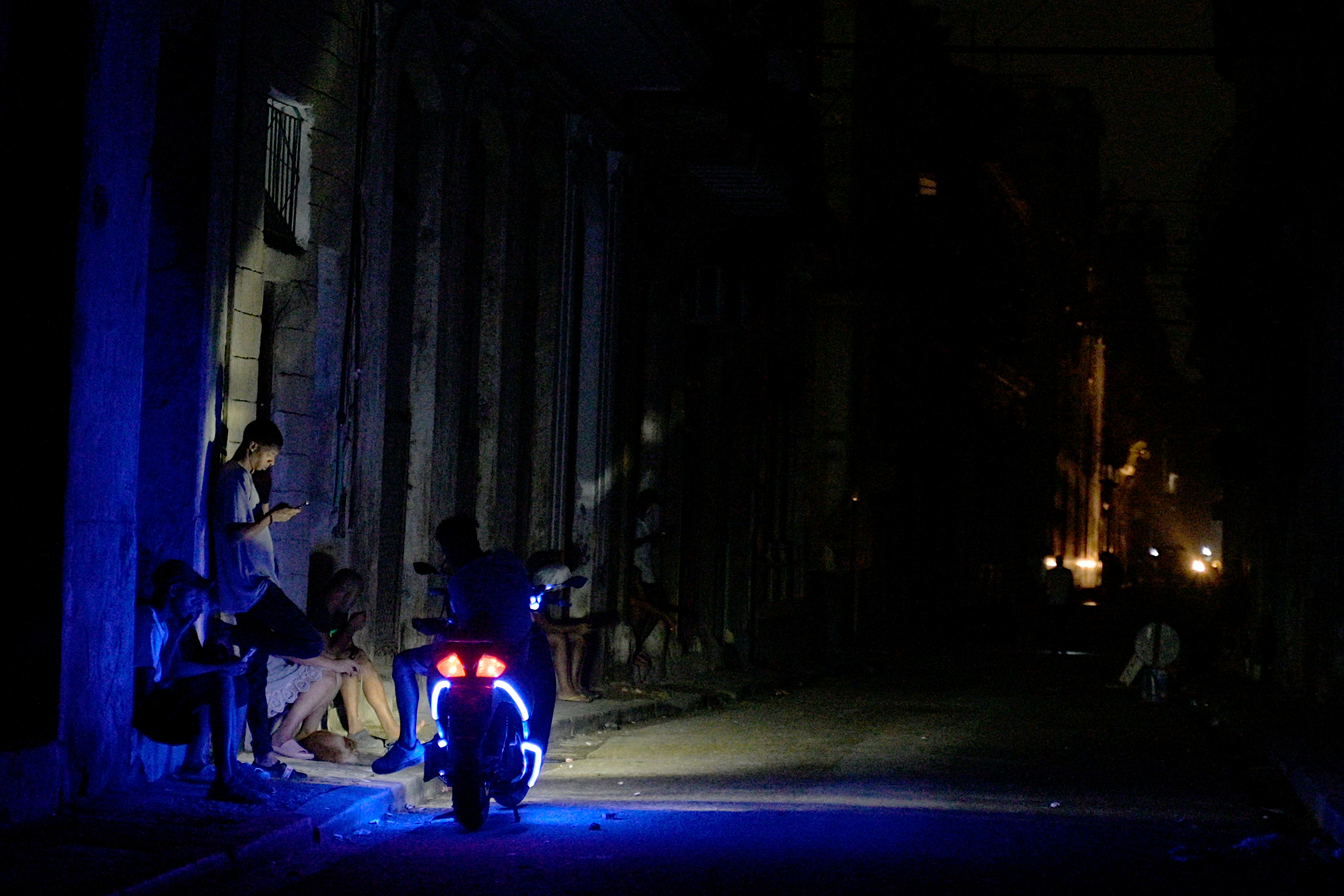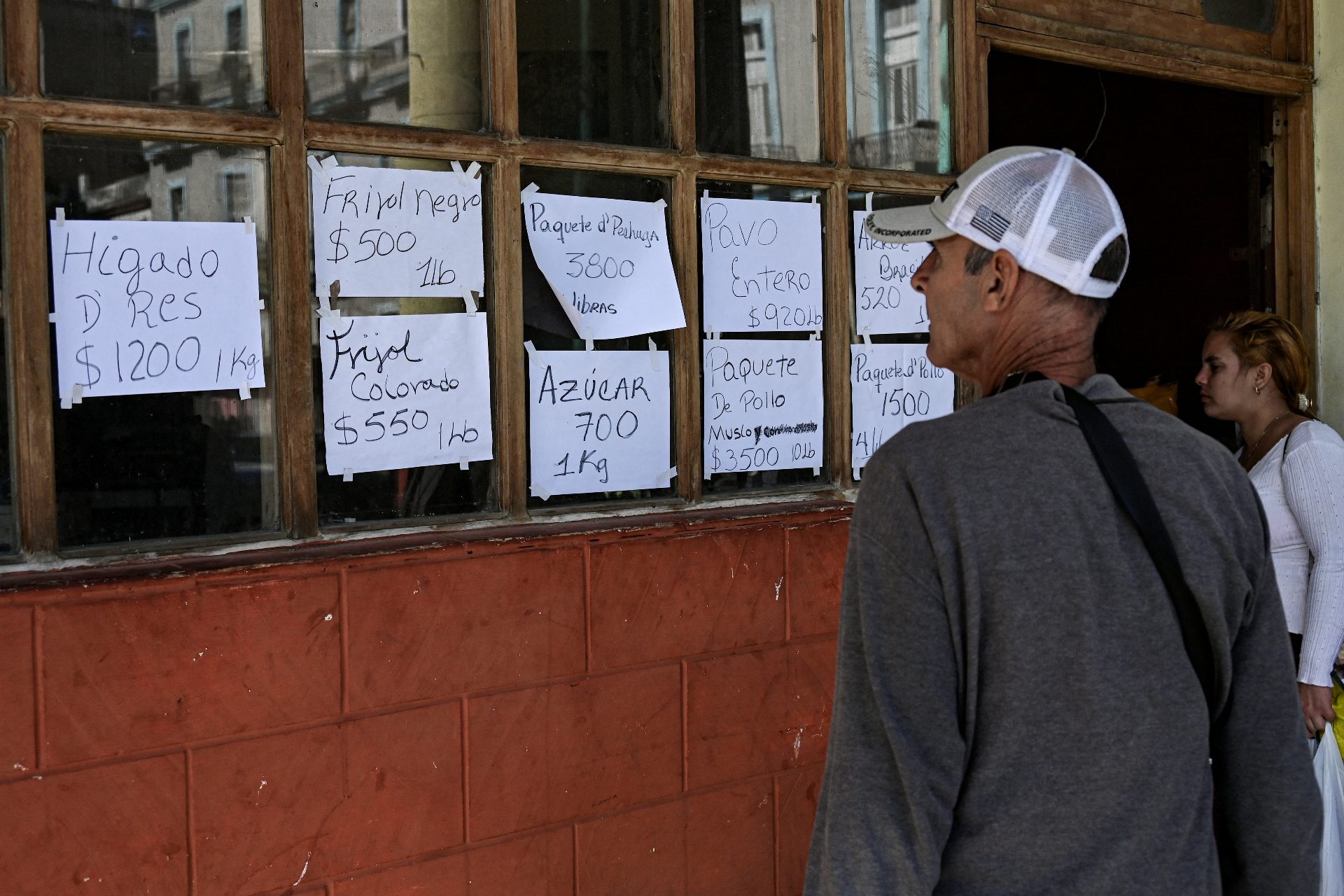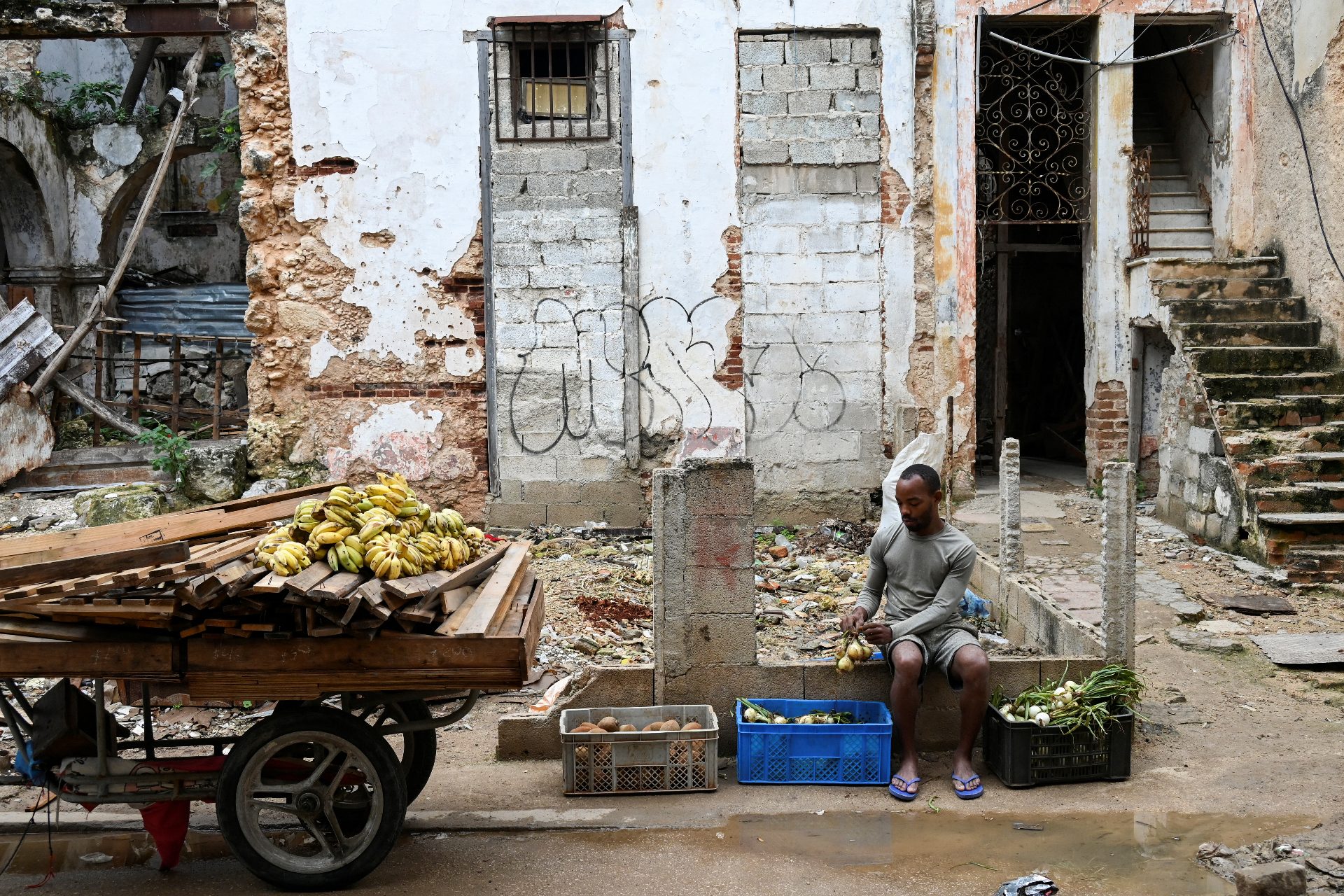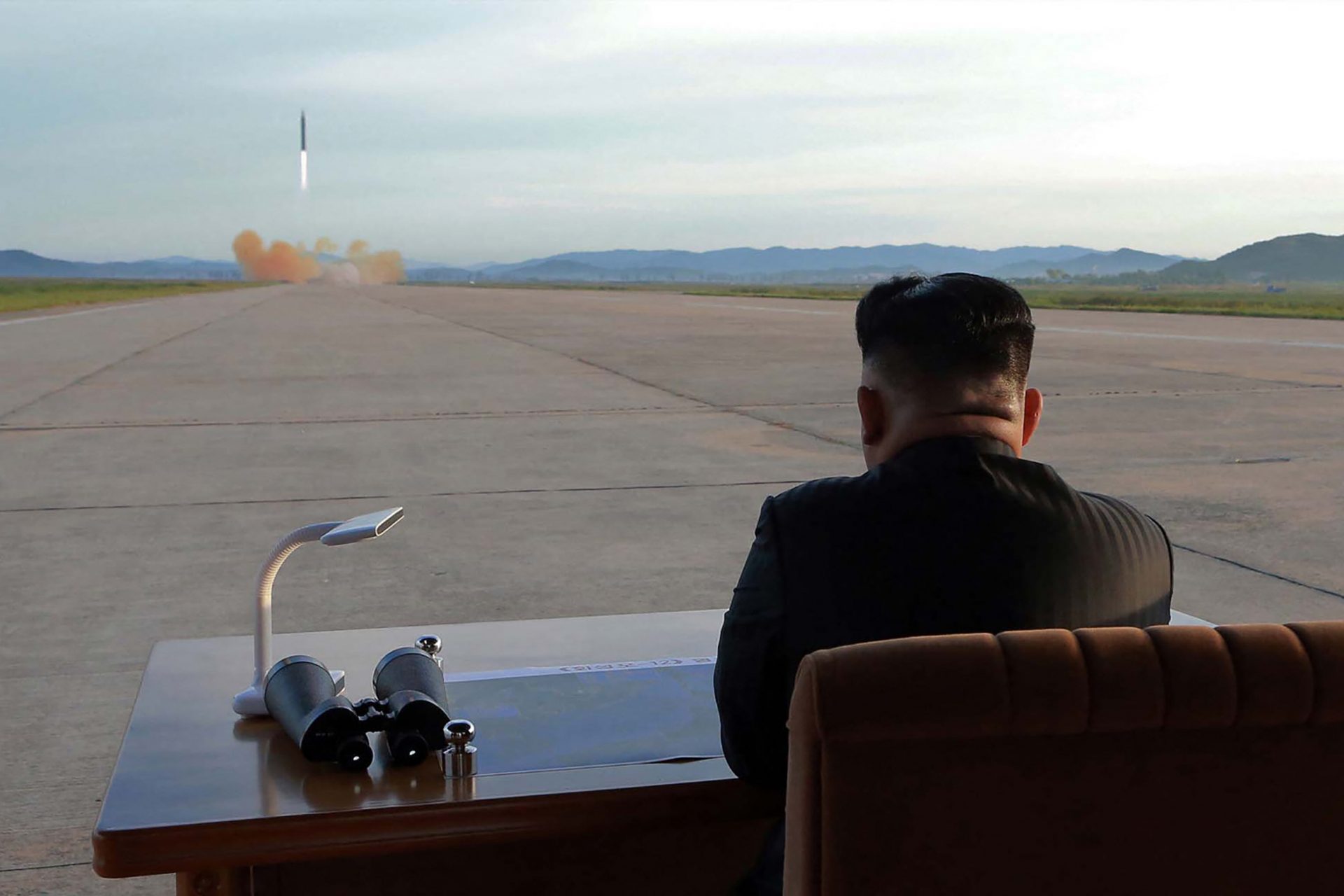Cuba: life under a four-day nationwide blackout
On the afternoon of October 22, Cuban officials achieved something their citizens had been demanding for five days: they reconnected the nation's power grid.
The country emerged from a five-day massive blackout after the national power grid collapsed three times. Cuban citizens spent at least three nights in total darkness.
The last time the Cuban population faced a national blackout was in 2022, when Hurricane Ian hit the island's west region. This time, the hurricane (Oscar) came later. So what went wrong?
On Friday, October 18, at 11:15 a.m., the electrical system collapsed. One of the largest power plants in the country failed after working with minimum oil for days.
In the 21st century, very few people can say they understand the total collapse of a nation's electrical system. Many countries face blackouts, but this is different.
The first resource to vanish, after electricity, was water. The emergency tanks on the roofs of houses and buildings last only a few hours, and without power, water sources cannot pump the supply to cities.
The blackout also hampered the distribution of other energy sources, such as manufactured gas, which a few Cubans use for cooking (many more have electric stoves). Our supply was intermittent for at least four days.
Without electricity, water, or gas, everyday tasks that we do without thinking are impossible: how to cook, wash dishes, take a shower, use the bathroom, or brush our teeth?
Those who know Cuba understand that its citizens can navigate difficult times. They save water reserves, improvise batteries for blackouts, and accumulate food to survive periods of scarcity.
However, a several-day power outage depletes all these resources, which usually take weeks to replenish. Without refrigeration, food begins to thaw and spoil.
By Sunday, about half the vegetables in our refrigerator had perished. With a barely-there flame, we cooked every food item that unfroze.
Cooking at home is a privilege reserved for those who have gas stoves. The rest, as one woman told the Spanish news agency EFE, have to get firewood and do it on the street. She dismantled an old bed to improvise a bonfire.
By Monday morning, after a third grid failure at 4:00 p.m. the day before, some areas of Havana began to regain power. However, on the streets, the desperation did not cease.
If people in Havana were desperate, there was no way of describing how people in other regions felt, still in a blackout and accustomed to 20-hour power cuts before the collapse.
At a government hard currency store in Old Havana, employees were selling food that was on the verge of spoiling in Cuban pesos. According to Efe, dozens of people were shouting and pushing in the line.
The desperation was justified; refilling refrigerators after the blackout was a priority for a population facing one of the worst economic crises in Cuba's history.
The massive blackout was preceded by daily power outages lasting up to 12 hours in some regions of the country. The island has been struggling for decades with an outdated electrical infrastructure.
In addition to power outages, Cubans are faced with paying impossible prices in the private sector or surviving food shortages in state-run grocery stores.
Since 2021, Cuba has been facing an inflationary crisis and the uncontrolled devaluation of its currency in the informal market following the implementation of what the government has described as a failed monetary policy and the increase of US sanctions.
More for you
Top Stories



